- Report
- 1 juin 2023
Power, gender and technology: Unmasking the root causes of technology-facilitated gender-based violence in the Kurdistan Region of Iraq
- Author: MAGENTA
- Published by: MAGENTA
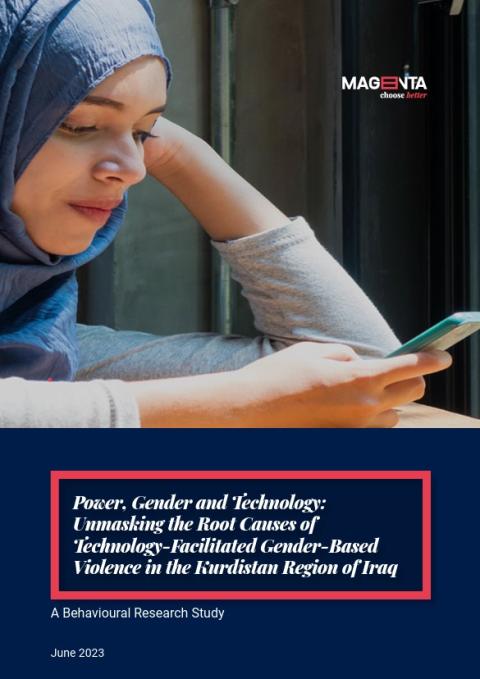
Technology-facilitated gender-based violence (TFGBV) is a growing global and local phenomenon that affects women and girls disproportionately. In the Kurdistan Region of Iraq (KRI), the interplay of rigid gender norms, power structures, and technology has enabled new forms of GBV with profound personal and societal consequences.
The study is based on qualitative research, including 12 focus group discussions, 5 key informant interviews, and 3 interviews with local social media influencers. It aims to understand the psychological, sociological, and environmental drivers of TFGBV and inform future social and behaviour change (SBC) programming in the region.
Key findings
- Acknowledge technology’s double-edged nature: Technology offers opportunities for learning, income, and expression but also increases exposure to harassment, blackmail, and reputational harm, especially for young women.
- Address deep-rooted gender norms: Patriarchal structures in KRI normalize male dominance and female submission, which leads to victim-blaming and a lack of consequences for perpetrators of TFGBV.
- Shift blame from victims to perpetrators: Women subjected to TFGBV face severe consequences such as isolation, forced marriage, or even 'honour killings', while male perpetrators are often excused or supported by peers and institutions.
- Strengthen support systems: Victims of TFGBV face institutional mistrust and family sanctions, often receiving little to no support. Police and judicial systems are viewed as biased, slow, and ineffective.
- Challenge harmful beliefs early: Participants stressed the need for early education to dismantle harmful gender beliefs, promote respectful behaviour, and foster empathy and equity from a young age.
- Promote transformative change: Efforts to reduce TFGBV must go beyond awareness campaigns. Gender-transformative programs, stronger legal frameworks, accessible victim services, and platform accountability are essential.
- Engage all stakeholders: Government, civil society, media, and communities must collaborate to foster environments where women can use technology safely and equally.
- Countries / Regions:
- Iraq
Related resources
Report
1 janvier 2024
Published by: MAGENTA, Nos Queremos Vivas Neza, Lilas A.C.
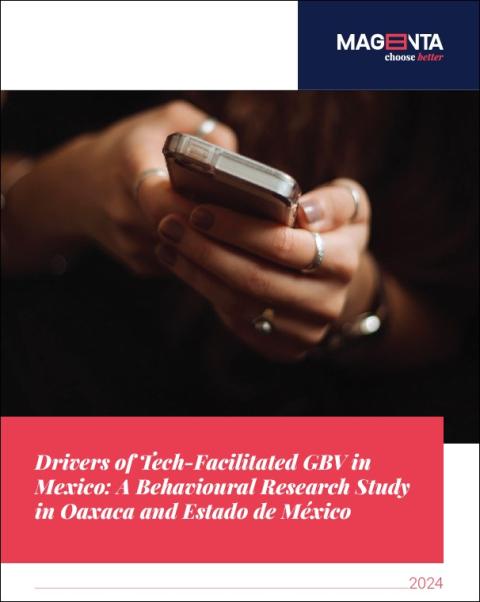
Blog
5 janvier 2026
Published by: ALIGN

Report
3 décembre 2025
Published by: ALIGN, Data-Pop Alliance
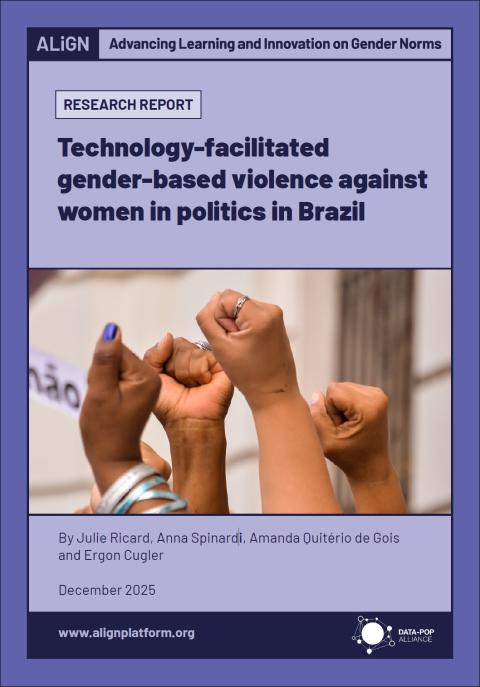
Report
28 novembre 2025
Published by: ALIGN, development Research and Projects Centre
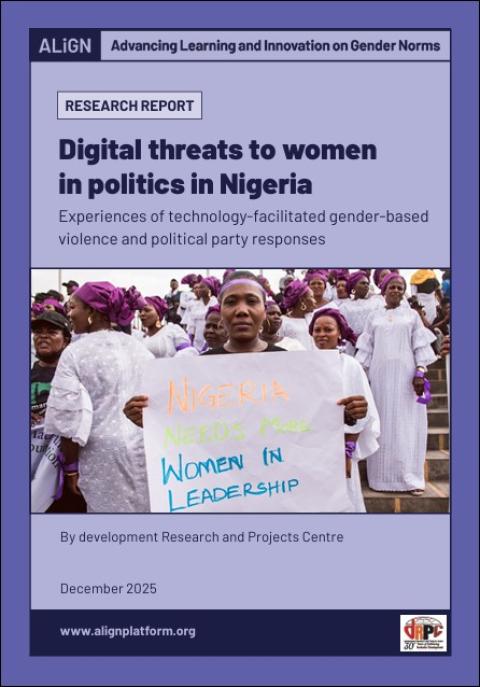
Report
4 novembre 2025
Published by: Breakthrough, Equality Now
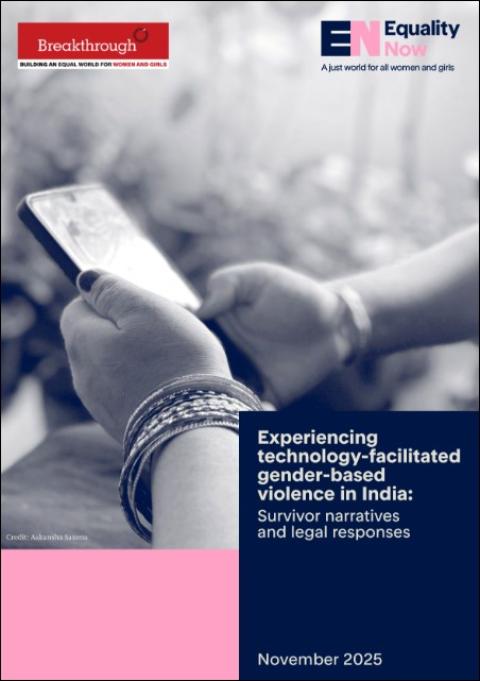
Report
20 octobre 2025
Published by: ODI Global
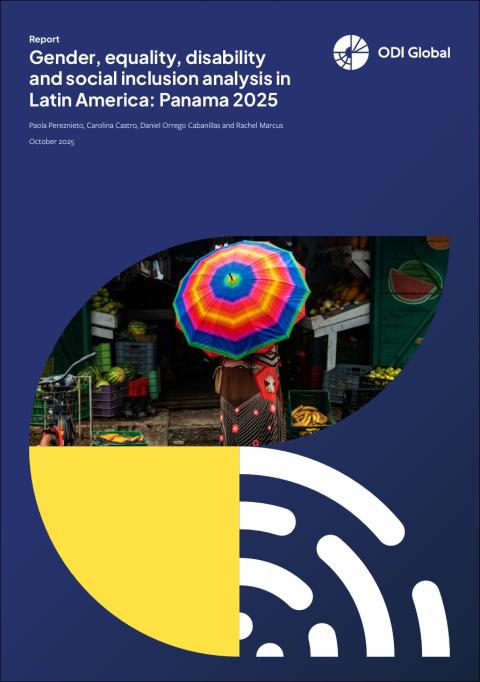
Report
22 septembre 2025
Published by: ODI Global
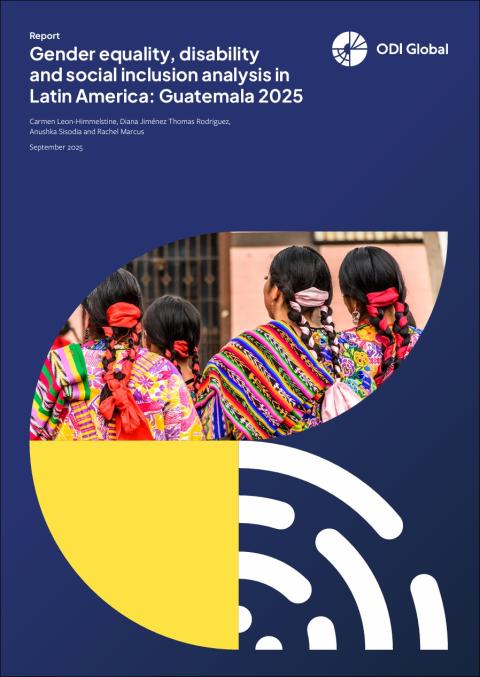
Report
16 septembre 2025
Published by: UN Women
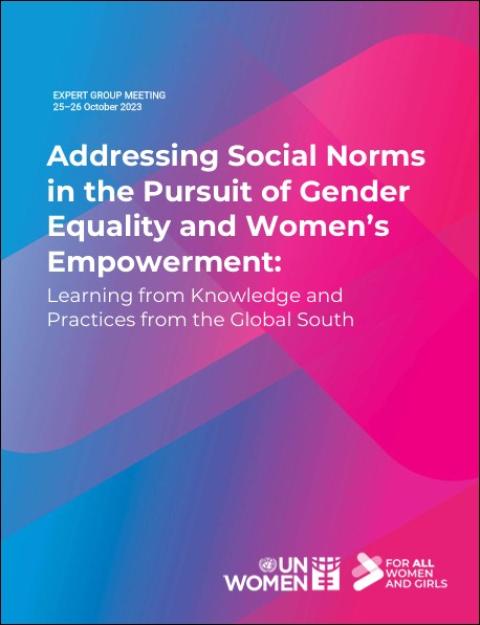
Report
21 août 2025
Published by: ODI Global, CIEDUR
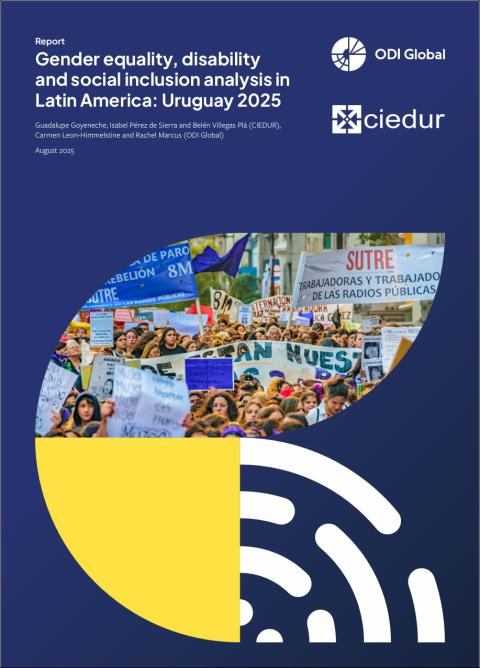
Blog
14 avril 2025
Published by: ALIGN

Report
5 mars 2025
Published by: ALIGN

Blog
10 février 2025
Published by: ALIGN
